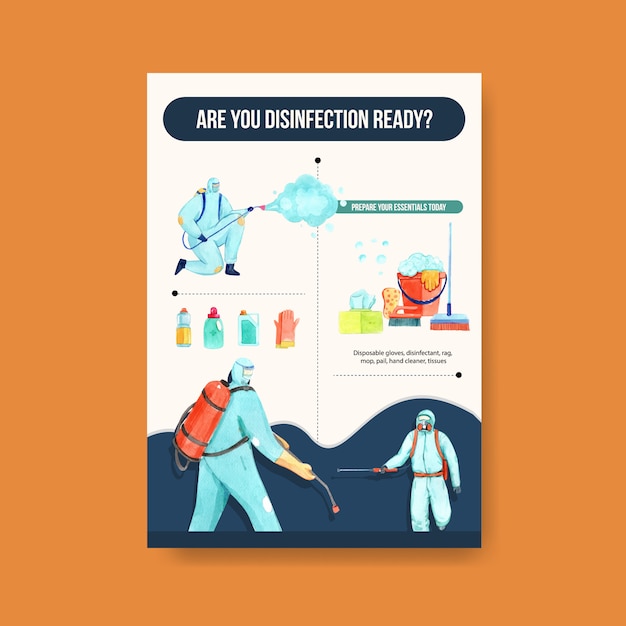

Babies are born with around 300 bones, but adults only have 206.
A baby’s brain grows about three times its size in the first year.
Babies have a strong sense of smell and can recognize their mother’s scent from birth.
Newborns can only see objects that are about 8-12 inches away from their face.
Babies have a natural instinct to mimic facial expressions.
The average baby weighs between 5-9 pounds at birth.
A baby’s taste buds are more sensitive than adults’, which is why they may be picky eaters.
Babies can cry without tears for the first few weeks of their lives.
The average baby sleeps for about 14-17 hours a day.
A baby’s heart beats faster than an adult’s, at around 120-160 beats per minute.
Newborns have a natural reflex called the Moro reflex, which causes them to startle in response to a loud noise or sudden movement.
In the first few months, babies don’t have kneecaps. They only develop them as they grow.
Babies are born with a natural ability to swim and hold their breath underwater.
The average newborn can crawl about one foot in its first month of life.
Babies have a higher body surface area relative to their weight, making them more susceptible to temperature changes.
A baby’s first smile usually occurs between 6-8 weeks of age.
Babies can recognize familiar faces from a very young age, even as early as a few weeks old.
Newborns have a unique grasp reflex, which causes them to tightly grip anything that touches their palms.
A baby’s hearing is fully developed at birth, allowing them to recognize voices and sounds.
Babies have a natural instinct to suckle, even if they’re not hungry, as it provides them comfort.
A newborn’s lungs are filled with fluid at birth and take a few days to fully clear out and inflate properly.
Babies are naturally curious and explore the world through touch and taste.
A baby’s immune system is not fully developed at birth, which is why they are more susceptible to illnesses.
Newborns have a heightened sense of taste and prefer sweet flavors over bitter ones.
Babies are more likely to develop allergies as their immune system matures.
A baby’s first tooth typically appears between 4-7 months of age.
Babies have a stronger sense of smell than adults and can recognize familiar scents.
Newborns have a unique reflex called the Babinski reflex, where their toes fan out and curl when the soles of their feet are stroked.
Babies have an innate sense of rhythm and may start moving to music as early as a few months old.
A baby’s skin is more sensitive and delicate than an adult’s, requiring extra care and protection.
Newborns sleep in a deep sleep and do not experience REM sleep until around 3-4 months of age.
Babies have a natural ability to imitate sounds and gestures, allowing them to learn quickly.
A baby’s hair and eye color may change during the first year of life.
Newborns have a higher body fat percentage than adults to help keep them warm.
Babies have a natural ability to imitate facial expressions, which is why they often mimic their parents’ smiles and frowns.
A baby’s first words typically start developing between 10-14 months of age.
Babies are born with an innate ability to recognize their mother’s voice.
Newborns have a sense of taste for sweet, sour, and bitter flavors, but not spicy ones.
A baby’s fingernails and toenails may grow rapidly and require regular trimming.
Babies have a natural instinct for self-preservation, such as gripping onto objects to avoid falling.
Newborns have a unique cry that can communicate various needs, such as hunger, tiredness, or discomfort.
Babies have a natural curiosity for exploring their surroundings, even if it means putting objects in their mouths.
A baby’s first laugh usually occurs between 3-4 months of age.
Babies have a higher metabolic rate than adults, helping them grow and develop at a rapid pace.
Newborns have a unique sense of touch and enjoy being gently stroked and cuddled.
Around the world, coffee enthusiasts enjoy Monin coffee concentrate since it is a multipurpose product. Conveniently combining…
The Importance of Choosing the Right Shower for Your Bathroom Renovating your bathroom can be…
Usain Bolt holds the record for the fastest 100-meter sprint in history.Bolt was named Sportsman…
Love is in the air... and it smells suspiciously like chocolate!Roses are red, violets are…
Life's a beach, take a picture and relax.Sun, sand, and salty kisses. That's what beach…
Hungary is home to the largest thermal water cave system in the world.The Rubik's Cube…